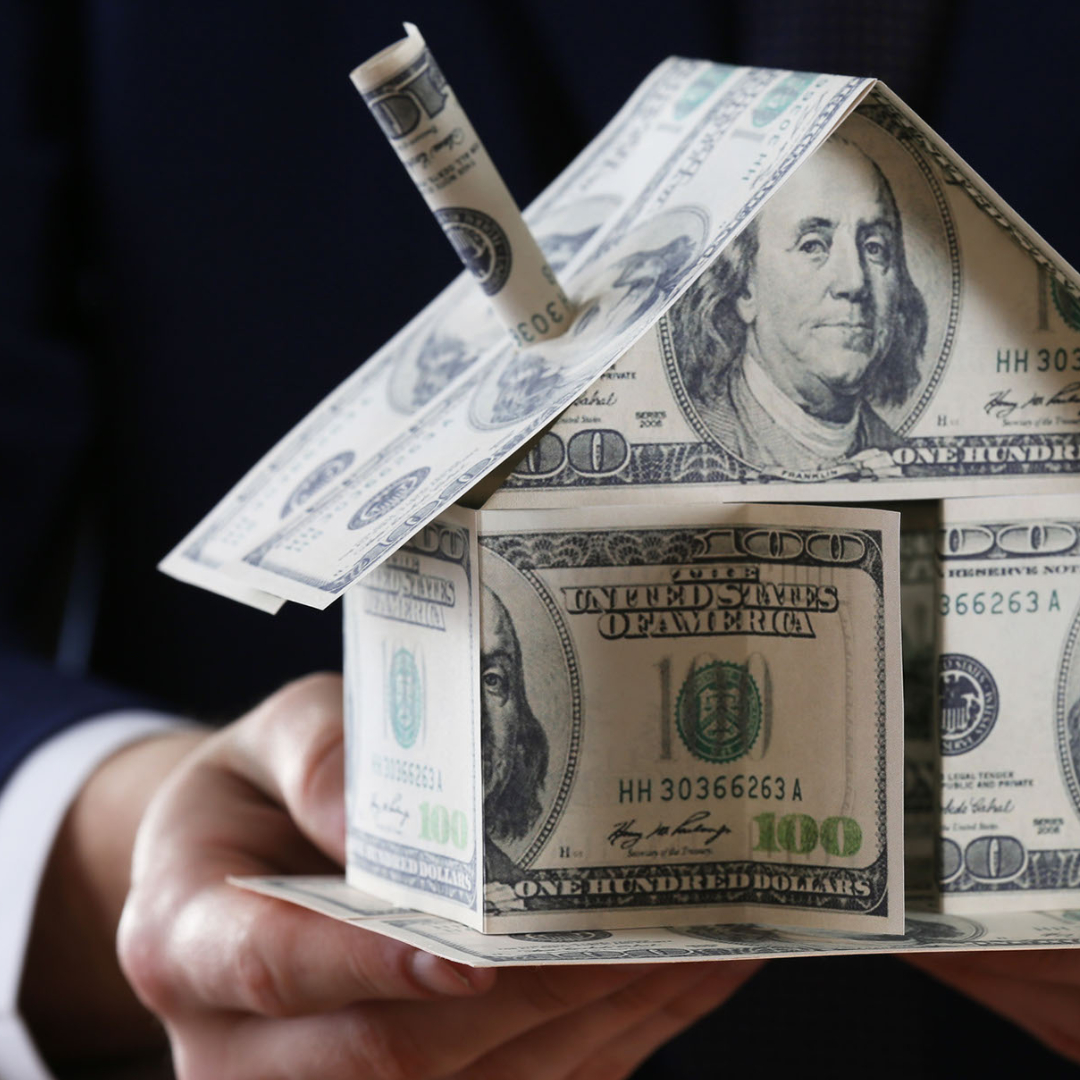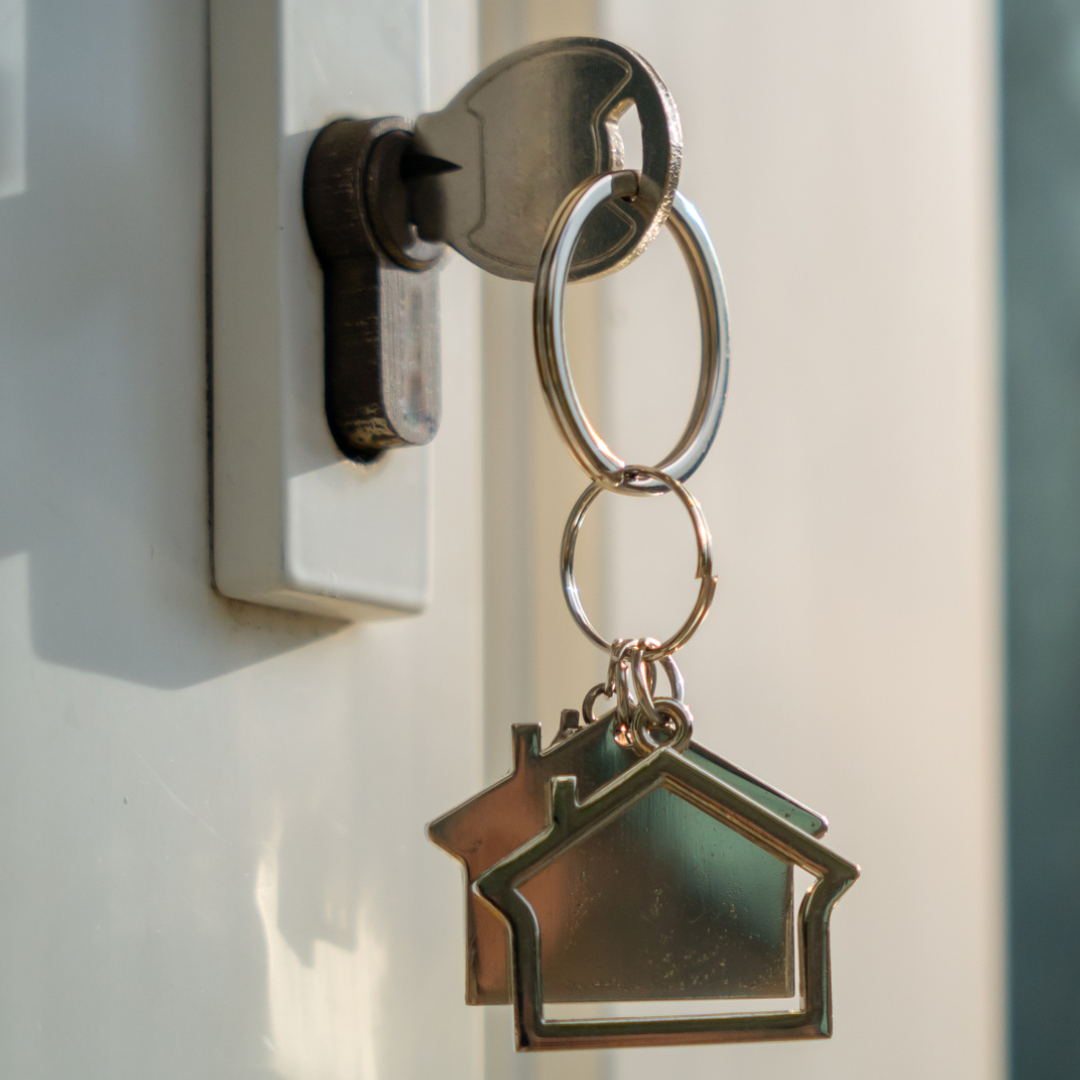Home equity is the difference between the value of your home and the amount you still owe on your mortgage. It is essentially the portion of your home that you own outright. For example, if your home is worth $300,000 and you have a mortgage balance of $200,000, then you have $100,000 in home equity.
Why is Home Equity Important?
Home equity is important because it can be a valuable source of funds for homeowners. Here are a few ways that home equity can be used:
- Home improvement projects: Home equity can be used to finance renovations or repairs to your home. This can increase the value of your home, which can in turn increase your home equity.
- Debt consolidation: Homeowners can use their home equity to pay off high-interest debt, such as credit card balances or student loans. This can save homeowners money on interest payments and help them pay off their debt faster.
- Emergency funds: Home equity can act as a safety net in case of an emergency, such as a medical crisis or job loss.
- Investment opportunities: Some homeowners choose to use their home equity to invest in other opportunities, such as starting a business or purchasing rental properties.
How to Build Home Equity
There are a few ways to build home equity:
- Make a larger down payment: The more you pay upfront for your home, the less you will need to borrow. This can help you build equity faster.
- Pay off your mortgage: As you make mortgage payments, you are paying down your loan balance and increasing your equity.
- Improve your home: Any renovations or improvements you make to your home can increase its value, which in turn can increase your equity.
- Wait for property values to rise: If the value of your home increases, your equity will increase as well.
Risks of Using Home Equity
While home equity can be a useful tool, there are also risks to consider:
- You could lose your home: If you are unable to make your mortgage payments, you could lose your home to foreclosure.
- You could owe more than your home is worth: If property values decline, you could end up owing more on your mortgage than your home is worth. This is known as being “underwater” on your mortgage.
- You could be hit with higher interest rates: If you use a home equity loan or line of credit to borrow money, you may be charged a higher interest rate than you would on a traditional mortgage.
It’s important to carefully consider the risks before using your home equity. Make sure you have a solid plan in place to pay off any debts and that you can afford the monthly payments.
In conclusion, home equity is the portion of your home that you own outright. It can be a valuable source of funds for homeowners, but it’s important to carefully consider the risks before using it. Building home equity can be achieved through a larger down payment, paying off your mortgage, improving your home, or waiting for property values to rise.




